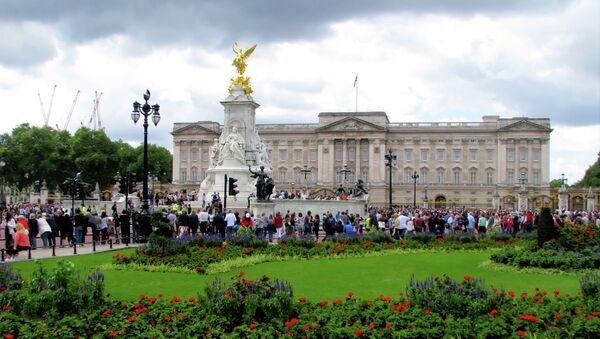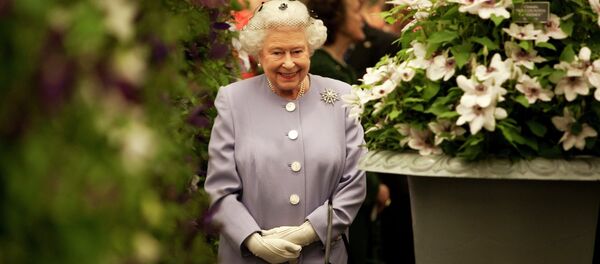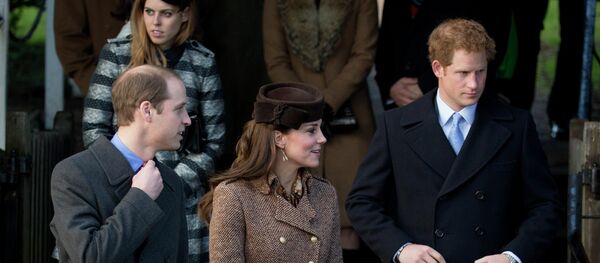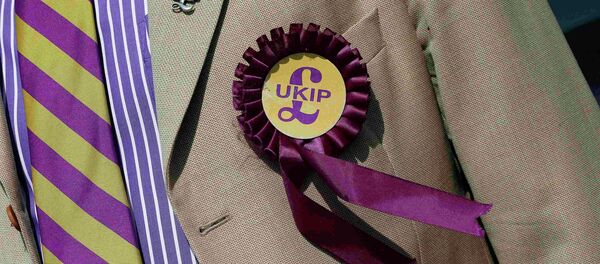After abolishing the monarchy, as the Greens propose, the Queen would have to leave Buckingham Palace and find alternative accommodation: "I can't see that the Queen is ever going to be really poor, but I'm sure we can find a council house for her — we're going to build lots more," party leader Natalie Bennett told the newspaper.
The Greens would also require the Queen to pay a wealth tax levied on individuals with assets of more than £3 million, proposed by the party at a rate of one or two percent. The top rate of tax, Bennett told the Times, would likely be higher than the 50p rate on earnings over £100,000 that the party advocated at the last general election in 2010.
The tax rises would pay for a rise in the national minimum wage to £10 an hour, as well as a £71 per week "citizen's wage," paid to all adults. "The assumption is that those of working age will top it up, but pensioners and the disabled will need extra help. It means that no one falls through the gaps," said Bennett, who worked as a journalist before becoming leader in 2012.
The party now boasts more members than UKIP, which had already been offered the fourth slot on the debating stage by Ofcom. UKIP told the the Scottish Herald on January 15 it had 41943 members, while the traditional third party of British politics, the Liberal Democrats, reported in November a total of 44,576 members. The Welsh national party Plaid Cymru with 8,000 members and the Scottish National Party with 92,000 have also asked to take part in the televised debates.





